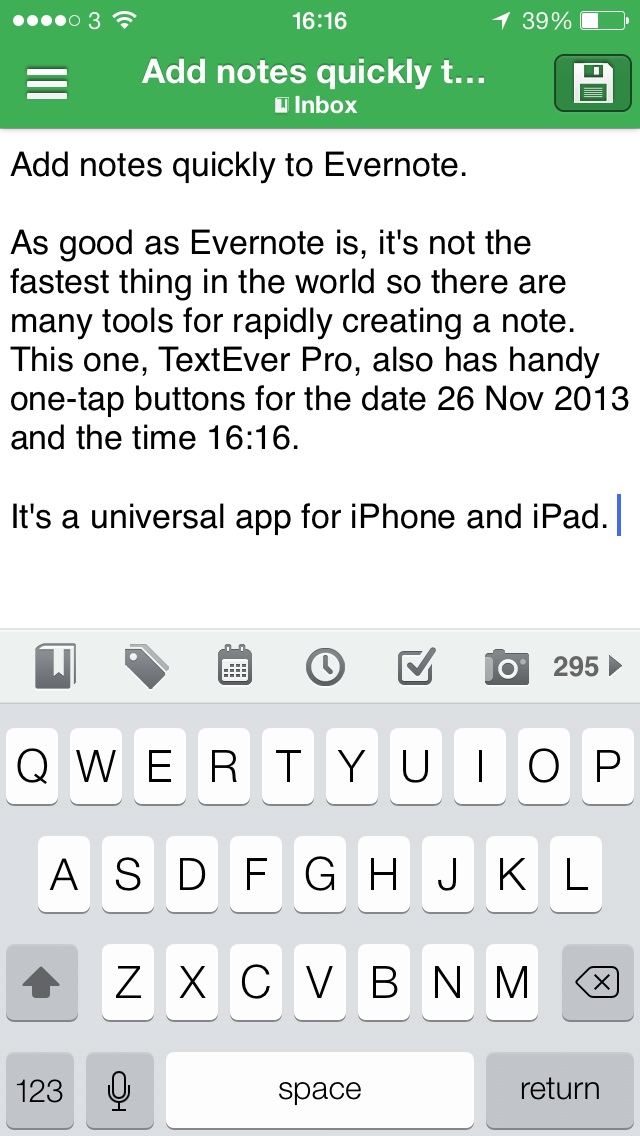Tomorrow is the first of December and at some point during the day, I will email a report of all I've done throughout November. Nobody has asked me to do this, nobody is waiting for it, nobody will do anything with the report. But it helps me enormously to write it down and to have someone to send it to.
Earlier this year I earned a place on Room 204, a programme run by Writing West Midlands for up to 15 writers who are of a certain standard, who are based in the area, and who need something for their careers. It's a very deliberately formless kind of year that you get with this scheme: it's not like there are lessons or there are, I don't know, tests. Instead, you get a year connected to this group and can make of it what you need.
I've made a lot of it. It's done a huge amount for me, it's given me a new career in presenting and two of my books this year came out of chats I had with them.
But this isn't about me, it's about you. And I want you to have the thing that I got from Room 204 which particularly helped me, which I think may particularly help you.
It's this. Right at the end of my first meeting with the Room 204 folk, we talked about the rest of the year and it was mentioned that if a month goes by without us happening to work on something together, I should just keep them up to date with what I've been doing.
That's quite clear, quite easy, and I deliberately took it the wrong way. There hasn't been a month, I don't think there's been a week, that I haven't been doing something with Room 204, for them, or ignited by their work, but still at the end of every month, I tell them what I've been doing.
I also tell them now that there's no need for them to read the emails. I'm sending it to you, I say, but I'm writing it for me.
Because simply writing down in a clear, coherent and sometimes very long email what I've done in the month makes me realise what I've done in the month. Written these articles, been published here, pitched that, got filmed for this, sometimes it's a giant list of things. There's no question but that it reads like I'm boasting.
But that's fantastic. What have I got to boast about? Apparently, monthly, quite a bit. It's nice to safely boast to good people because it's great and unusual and wild to realise that you have something you could boast about.
Only, if I have – so far – sent each of those monthly report emails off with a certain satisfaction – that is only one of the three huge, huge benefits to me of doing them.
The second is that I look at the email as I'm compiling it and I remember what I've done. You do this, I know you do: you finish something and you're off away on to the next. We don't look back much, do we? Being a productive kind of person means always rushing on to the next thing, getting stuff done and out, getting on with what we so long to get on with.
Stopping to look back across the last month is a waste of time but it is an extremely useful waste of time. I'll start to write to Room 204 that it wasn't a good month because my mind will be on the failures, the rejections, the various and many problems that come up. But then I'll write something like “Made chair of the West Midlands Screenwriters' Forum” and think, okay, that wasn't bad. Unexpected. And I thnk it'll be a lot of work, but it wasn't bad. And then I'll remember that a pitch worked out. I'll remember that this is the month I finally got paid for that thing I did.
By the end of the email, I've changed my mind about the month. I'm feeling vastly better. So far, anyway. Some months are better than others but I've still yet to have a really bad one. I'll let you know how that goes.
So there's the little bit of boasting, just enough to feel a teeny bit good, and then there's the other psychological thing of changing my mind about how it had been a bad month.
The third thing is that I can't do this monthly email in one go: I forget too much, far too much, of what I've been doing. So as I do things, I add a swift line to an OmniFocus To Do task. Just jot down two words, enough to remind me, anything.
And that always prompts me to find something else to add to the list. All the way through the month, this drive to have something else to add is with me. I wince to tell you this but I have made calls solely so that I could say something like “Pitched to British Council” on my monthly list.
And, sometimes or even quite often, that call works out.
So tomorrow I will be writing my unasked-for, unneeded yet boastingly boosting and useful monthly report about myself and my work to Room 204.
Give it a go, would you? It will help you too.
